
SCARS Institute’s Encyclopedia of Scams™ Published Continuously for 25 Years

All About Money Mules
Portions Provided By: U.S. Department of Justice, Federal Bureau of Investigation, Money Laundering, Forfeiture, and Bank Fraud Unit
What Is a Money Mule?
A money mule is someone who transfers illegally acquired money on behalf of or at the direction of another person.
Criminals recruit mules to move money electronically through bank accounts, move physical currency, or assist the movement of money through a variety of other methods. Once received, the mule will wire the money into a third-party bank account; “cash out” the money received, possibly via several cashier’s checks; convert the money into a virtual currency; convert the money into a prepaid debit card; send the money through a money service business; or conduct a combination of these actions. Money mules are inherently dangerous, as they add layers to the money trail from a victim to a criminal actor.
Such An Ugly Term
The term “money mule” is thought to have originated in the early 2000s, when criminals began using unsuspecting people to launder money. The term is a reference to the fact that these people are essentially being used as pack animals to transport money, much like mules are used to transport goods.
The term “money mule” is often used interchangeably with the term “money laundering,” but there is a distinction between the two. Money laundering is the process of concealing the origins of illegally obtained money. Money mules are people who are used to facilitate money laundering by transferring money from one account to another.
Money mules can be recruited online or in person. They are often promised easy money or other incentives. However, they are unaware that they are helping criminals launder money. In some cases, money mules are even unaware that the money they are transferring is illegal.
Money muling is a serious crime. If you are caught being a money mule, you could face criminal charges. You could also be held liable for any financial losses that the other victims of the crime suffer.
However, we are here to support you. We know you are also a victim. Make sure you read this article completely, and other others we have available for money mules. You are also welcome to sign up for our Scam Victims Support & Recovery program at support.AgainstScams.org
Money Mule Indicators
You may be a money mule if….
- You received an unsolicited email or contact over social media which promises easy money for little or no effort.
- The “employer” you communicate with uses web-based services such as (Gmail, Yahoo, Hotmail, Outlook, etc.).
- You are asked to open a bank account in your own name, or in the name of a company you form, to receive and transfer money for someone else.
- As an employee, you are asked to receive funds in your bank account and then “process” or “transfer” funds via: wire transfer, ACH, mail, or money service business such as Western Union or MoneyGram.
- You are told to keep a portion of the money you transfer for yourself.
- Your duties have no specific job description.
- Your online companion, whom you have never met in person, asks you to receive money and then forward these funds to one or more individuals you do not know.
Where Are Money Mules Recruited?
- Online job websites
- Online dating websites
- Social networking websites
- Online classifieds
- Email Spam
- Darkweb Forums
Where Does The Money Come From?
Criminals obtain money through various illegal acts. These criminals then need someone (a money mule) to move this money at their direction.
Common Criminal Activities Involving Money Mules:
- Internet-enabled Frauds:
- Business Email Compromise
- Online Job Scam
- Work From Home Scam
- Romance Scam
- Mystery Shopper Scam
- Advance Fee Scheme
- Reshipping Scam
- Grandparent Scam
- Lottery Scam
- IRS or Law Enforcement Impersonation Scam
- Technical Support Scam
- Credit Card Fraud
- Drug Trafficking
- Human Trafficking
- Wildlife Trafficking
- Other Illegal Commerce
More details about the above-mentioned scams can be found on our website or www.FBI.gov
Money Mules Are Vital To Criminals
What to do if you are a Money Mule…
- STOP communication with any suspected criminals
- STOP transferring money or any other items of value
- MAINTAIN any receipts, contact information, and relevant communications (emails, chats, text messages)
- NOTIFY Law Enforcement immediately
- CONTACT a criminal defense attorney to review your situation and liability
Who is at Risk?
- College students
- Those new to the country
- Small business owners
- Elderly individuals
- Recent retirees
- Those looking for a job
- Those looking for a relationship
- Those with memory loss
- Anyone… Anywhere… Anytime!
How To Protect Yourself
- A legitimate company will not ask to use your own bank account to transfer their money. Do not accept any job offers asking you to do this.
- Be wary when an employer asks you to form a company in order to open up a new bank account.
- Never give your financial details to someone you do not know and trust, especially if you met them online.
- Be wary when job advertisements are poorly written with grammatical errors and spelling mistakes.
- Be suspicious when the boyfriend/girlfriend you met on a dating website wants to use your bank account for receiving and forwarding money.
- Conduct online searches to verify and corroborate any questionable information provided to you.
- Ask the employer, “Can you send a copy of the license/permit to conduct business in my county & state?”
The Money Mule’s Role In The Money Laundering Cycle
Placement
The movement of funds to a money mule, often by wire transfer deposit into the money mule’s bank account
-
- In this phase, a victim or a criminal provides money to the money mule to move, based on the criminal’s instruction.
- Some money mules never touch a computer.
Layering
Money is moved from the initial money mule account to other money mule accounts or other criminals involved in the scheme.
-
- In this phase, funds are moved among money mules and criminals and possibly split into multiple transactions or converted into additional forms of value. These might include:
- wire transfers
- cashier’s checks
- virtual currency
- or physical cash.
- In this phase, funds are moved among money mules and criminals and possibly split into multiple transactions or converted into additional forms of value. These might include:
Integration
The movement of laundered money back into the financial system.
Why Do Criminals Use Money Mules?
Money mules are used to facilitate the movement of criminal proceeds – whether from fraud, such as a Business Email Compromise or other crime – the mules are the commonality.
The money moved by money mules belongs to the victims – it does not belong to the criminals, the banks, or the money mules.
The role of a Money Mule is often very straightforward – with very little “cyber” expertise required.
- Speed – Criminals believe they can direct the movement of victim funds through money mules, faster than law enforcement can keep track. This is not always true.
- Low Cost – If the money mule takes a percentage of the money, this is victim money which never actually belonged to the criminal.
- Low Risk – Each money mule adds one more level of distance between the victim and criminal actors.
- Evolution of Crime – Criminals adapt their behaviors as necessary, based on the evolution of law enforcement and financial sector practices.
Classification Of Money Mules – The Money Mule Complicity Spectrum
Unwitting or Unknowing: Individuals unaware they are part of a larger criminal scheme
- Often solicited via an online romance scheme or online job scheme.
- Asked to use their established personal bank account or open a new account in their true name to receive money from someone they have never met in person.
- May be told to keep a portion of the money they transferred.
- Motivation: Trust in the actual existence of their romance or job position.
Witting: Individuals who choose to ignore obvious red flags or act willfully blind to their money movement activity
- They may have been warned by bank employees they were involved with fraudulent activity.
- They open accounts with multiple banks in their true name.
- They may have been unwitting at first but continued communication and participation.
- Motivation: Financial gain or an unwillingness to acknowledge their role (denial).
Complicit: Individuals aware of their role as a money mule and complicit in the larger criminal schemes
- Serially open bank accounts to receive money from a variety of individuals/businesses for criminal reasons.
- Advertise their services as a money mule, including what actions they offer and at what prices. This may also include a review and/or rating by other criminal actors on the money mule’s speed and reliability.
- Travel, as directed, to different countries to open financial accounts or register companies.
- Operate funnel accounts to receive fraud proceeds from multiple lower-level money mules.
- Recruit other money mules.
- Motivation: Financial gain or loyalty to a known criminal group.
Potential Consequences for Money Mules
Money mules help criminals launder their proceeds derived from criminal activities, by adding layers of recipients to the money trail. These layers complicate and negatively impact the FBI’s ability to accurately trace the money from a specific victim to a criminal actor.
If you are a money mule you could be charged as part of a criminal money laundering conspiracy and potentially face the following consequences:
- Prosecution and incarceration: Money mules may be prosecuted by law enforcement for participating in criminal activities and sentenced to jail time.
- Compromised personal identifiable information: Money mules’ own personally identifiable information may be stolen by the very criminals they are working for and used for other criminal activities.
- Personal liability: Money mules may be held personally liable for repaying the money lost by victims.
- Negative impact on credit: Money mule activities may result in negative credit ratings.
- Permanent inability to open bank accounts: Money mule activities may result in banks refusing to open bank accounts in the future.
This is why it is essential that you report the crime to your local police as an innocent victim.
U.S. Federal Violations And Penalties
The following applies to money mules in the United States, but Europe and other countries have similar laws.
Possible U.S. Criminal Charges:
- Mail Fraud | 18 USC § 1341
Maximum 20 years imprisonment and/or $250,000 Fine. If a financial institution is affected – maximum $1M fine or 30 years imprisonment or both - Wire Fraud | 18 USC § 1343
Maximum 20 years imprisonment. If a financial institution is affected – maximum $1 M fine or 30 years imprisonment or both - Bank Fraud | 18 USC § 1344
Maximum $1M fine or 30 years imprisonment or both - Money Laundering | 18 USC § 1956
Maximum $500,000 or maximum 20 years imprisonment or both - Transactional Money Laundering | 18 USC § 1957
Maximum $250,000 or maximum 10 years imprisonment or both - Prohibition of Unlicensed Money Transmitting Businesses | 18 USC § 1960
Maximum 5 years imprisonment - Aggravated Identity Theft | 18 USC § 1028A
Imprisonment of 2 years, in addition to other punishments
Resources:
- How Money Mules Can Get Free Legal Aid (romancescamsnow.com)
- Support for Money Mules – visit support.AgainstScams.org
- Trauma counseling for scam victims and money mules – visit counseling.AgainstScams.org
- Reporting the crime to law enforcement – visit reporting.AgainstScams.org
More:
- How Money Mules Can Get Free Legal Aid (romancescamsnow.com)
- Are You A Money Mule? A SCARS 5 Steps Guide (romancescamsnow.com)
- Sending Money By FedEx To Scammers (romancescamsnow.com)
- From Victim To Criminal (romancescamsnow.com)
- What Is The Difference Between A MULE and a MOLE (romancescamsnow.com)
- Money Mules Initiative by the United States Department of Justice (romancescamsnow.com)
- New Global Interpol Campaign Against Money Mules [VIDEOS] (romancescamsnow.com)
- Money Mules & Money Laundering – Article Catalog (romancescamsnow.com)
- Category: ♦ ABOUT MONEY MULES (romancescamsnow.com)
PLEASE SHARE OUR ARTICLES WITH YOUR FRIENDS & FAMILY
HELP OTHERS STAY SAFE ONLINE – YOUR KNOWLEDGE CAN MAKE THE DIFFERENCE!
THE NEXT VICTIM MIGHT BE YOUR OWN FAMILY MEMBER OR BEST FRIEND!
By the SCARS™ Editorial Team
Society of Citizens Against Relationship Scams Inc.
A Worldwide Crime Victims Assistance & Crime Prevention Nonprofit Organization Headquartered In Miami Florida USA & Monterrey NL Mexico, with Partners In More Than 60 Countries
To Learn More, Volunteer, or Donate Visit: www.AgainstScams.org
Contact Us: Contact@AgainstScams.org
-/ 30 /-
What do you think about this?
Please share your thoughts in a comment below!
Table of Contents
- Helping Criminals Moving Money
- All About Money Mules
- What Is a Money Mule?
- Such An Ugly Term
- Money Mule Indicators
- Where Are Money Mules Recruited?
- Where Does The Money Come From?
- Money Mules Are Vital To Criminals
- Who is at Risk?
- How To Protect Yourself
- The Money Mule’s Role In The Money Laundering Cycle
- Why Do Criminals Use Money Mules?
- Classification Of Money Mules – The Money Mule Complicity Spectrum
- Potential Consequences for Money Mules
- U.S. Federal Violations And Penalties
- Resources:
- More:
- Did You Receive Money From A Scammer, Or Give A Scammer Access To Your Accounts?
- PLEASE SHARE OUR ARTICLES WITH YOUR FRIENDS & FAMILY
- By the SCARS™ Editorial Team
Society of Citizens Against Relationship Scams Inc. - The Issue Of Race In Scam Reporting
Click Here To Learn More!
LEAVE A COMMENT?
Recent Comments
On Other Articles
- Arwyn Lautenschlager on Love Bombing And How Romance Scam Victims Are Forced To Feel: “I was love bombed to the point that I would do just about anything for the scammer(s). I was told…” Feb 11, 14:24
- on Dani Daniels (Kira Lee Orsag): Another Scammer’s Favorite: “You provide a valuable service! I wish more people knew about it!” Feb 10, 15:05
- on Danielle Delaunay/Danielle Genevieve – Stolen Identity/Stolen Photos – Impersonation Victim UPDATED 2024: “We highly recommend that you simply turn away form the scam and scammers, and focus on the development of a…” Feb 4, 19:47
- on The Art Of Deception: The Fundamental Principals Of Successful Deceptions – 2024: “I experienced many of the deceptive tactics that romance scammers use. I was told various stories of hardship and why…” Feb 4, 15:27
- on Danielle Delaunay/Danielle Genevieve – Stolen Identity/Stolen Photos – Impersonation Victim UPDATED 2024: “Yes, I’m in that exact situation also. “Danielle” has seriously scammed me for 3 years now. “She” (he) doesn’t know…” Feb 4, 14:58
- on An Essay on Justice and Money Recovery – 2026: “you are so right I accidentally clicked on online justice I signed an agreement for 12k upfront but cd only…” Feb 3, 08:16
- on The SCARS Institute Top 50 Celebrity Impersonation Scams – 2025: “Quora has had visits from scammers pretending to be Keanu Reeves and Paul McCartney in 2025 and 2026.” Jan 27, 17:45
- on Scam Victims Should Limit Their Exposure To Scam News & Scammer Photos: “I used to look at scammers photos all the time; however, I don’t feel the need to do it anymore.…” Jan 26, 23:19
- on After A Scam, No One Can Tell You How You Will React: “This article was very informative, my scams happened 5 years ago; however, l do remember several of those emotions and/or…” Jan 23, 17:17
- on Situational Awareness and How Trauma Makes Scam Victims Less Safe – 2024: “I need to be more observant and I am practicing situational awareness. I’m saving this article to remind me of…” Jan 21, 22:55
ARTICLE META
Important Information for New Scam Victims
- Please visit www.ScamVictimsSupport.org – a SCARS Website for New Scam Victims & Sextortion Victims
- Enroll in FREE SCARS Scam Survivor’s School now at www.SCARSeducation.org
- Please visit www.ScamPsychology.org – to more fully understand the psychological concepts involved in scams and scam victim recovery
If you are looking for local trauma counselors please visit counseling.AgainstScams.org or join SCARS for our counseling/therapy benefit: membership.AgainstScams.org
If you need to speak with someone now, you can dial 988 or find phone numbers for crisis hotlines all around the world here: www.opencounseling.com/suicide-hotlines
A Note About Labeling!
We often use the term ‘scam victim’ in our articles, but this is a convenience to help those searching for information in search engines like Google. It is just a convenience and has no deeper meaning. If you have come through such an experience, YOU are a Survivor! It was not your fault. You are not alone! Axios!
A Question of Trust
At the SCARS Institute, we invite you to do your own research on the topics we speak about and publish, Our team investigates the subject being discussed, especially when it comes to understanding the scam victims-survivors experience. You can do Google searches but in many cases, you will have to wade through scientific papers and studies. However, remember that biases and perspectives matter and influence the outcome. Regardless, we encourage you to explore these topics as thoroughly as you can for your own awareness.
Statement About Victim Blaming
SCARS Institute articles examine different aspects of the scam victim experience, as well as those who may have been secondary victims. This work focuses on understanding victimization through the science of victimology, including common psychological and behavioral responses. The purpose is to help victims and survivors understand why these crimes occurred, reduce shame and self-blame, strengthen recovery programs and victim opportunities, and lower the risk of future victimization.
At times, these discussions may sound uncomfortable, overwhelming, or may be mistaken for blame. They are not. Scam victims are never blamed. Our goal is to explain the mechanisms of deception and the human responses that scammers exploit, and the processes that occur after the scam ends, so victims can better understand what happened to them and why it felt convincing at the time, and what the path looks like going forward.
Articles that address the psychology, neurology, physiology, and other characteristics of scams and the victim experience recognize that all people share cognitive and emotional traits that can be manipulated under the right conditions. These characteristics are not flaws. They are normal human functions that criminals deliberately exploit. Victims typically have little awareness of these mechanisms while a scam is unfolding and a very limited ability to control them. Awareness often comes only after the harm has occurred.
By explaining these processes, these articles help victims make sense of their experiences, understand common post-scam reactions, and identify ways to protect themselves moving forward. This knowledge supports recovery by replacing confusion and self-blame with clarity, context, and self-compassion.
Additional educational material on these topics is available at ScamPsychology.org – ScamsNOW.com and other SCARS Institute websites.
Psychology Disclaimer:
All articles about psychology and the human brain on this website are for information & education only
The information provided in this article is intended for educational and self-help purposes only and should not be construed as a substitute for professional therapy or counseling.
While any self-help techniques outlined herein may be beneficial for scam victims seeking to recover from their experience and move towards recovery, it is important to consult with a qualified mental health professional before initiating any course of action. Each individual’s experience and needs are unique, and what works for one person may not be suitable for another.
Additionally, any approach may not be appropriate for individuals with certain pre-existing mental health conditions or trauma histories. It is advisable to seek guidance from a licensed therapist or counselor who can provide personalized support, guidance, and treatment tailored to your specific needs.
If you are experiencing significant distress or emotional difficulties related to a scam or other traumatic event, please consult your doctor or mental health provider for appropriate care and support.
Also read our SCARS Institute Statement about Professional Care for Scam Victims – click here to go to our ScamsNOW.com website.




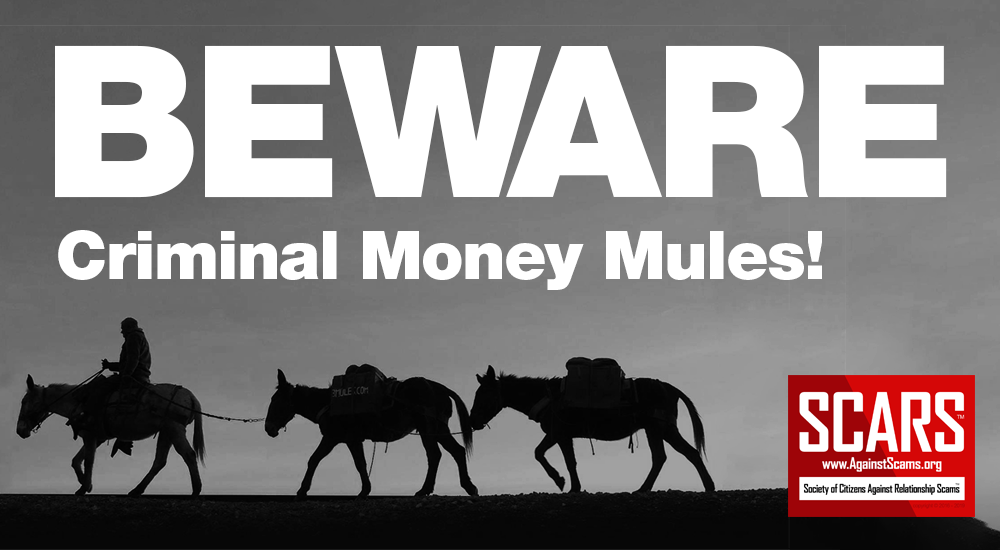

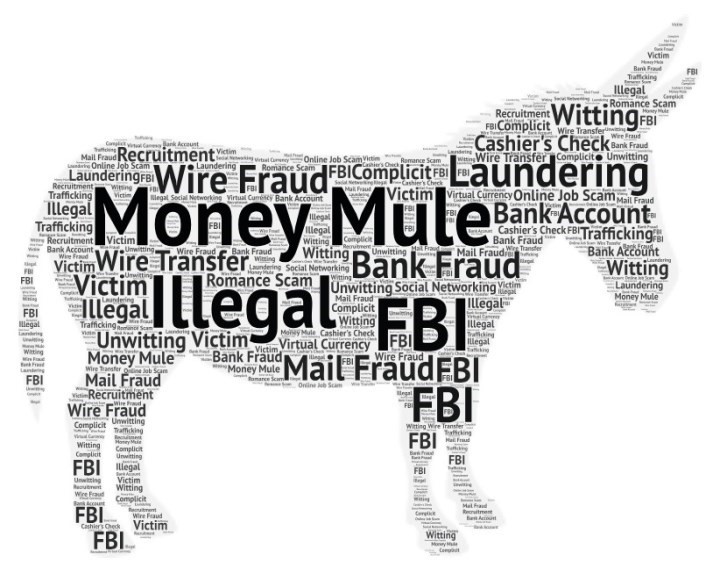
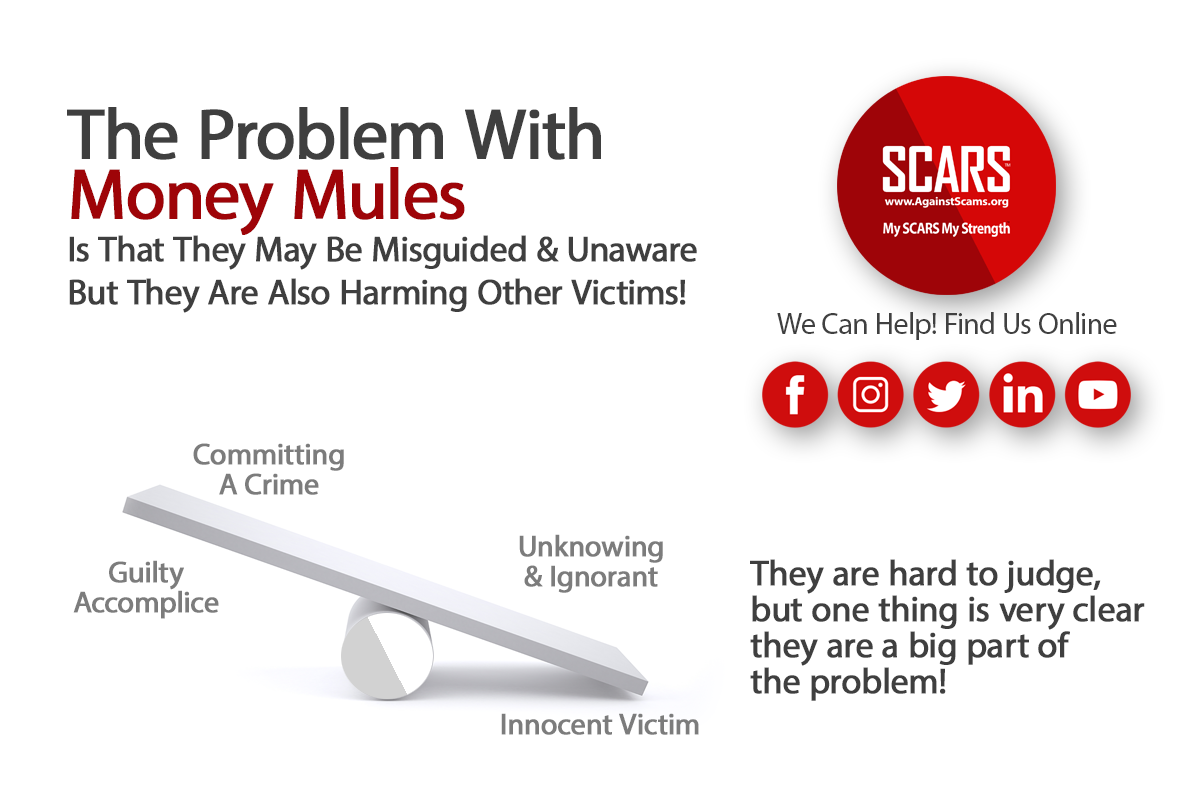
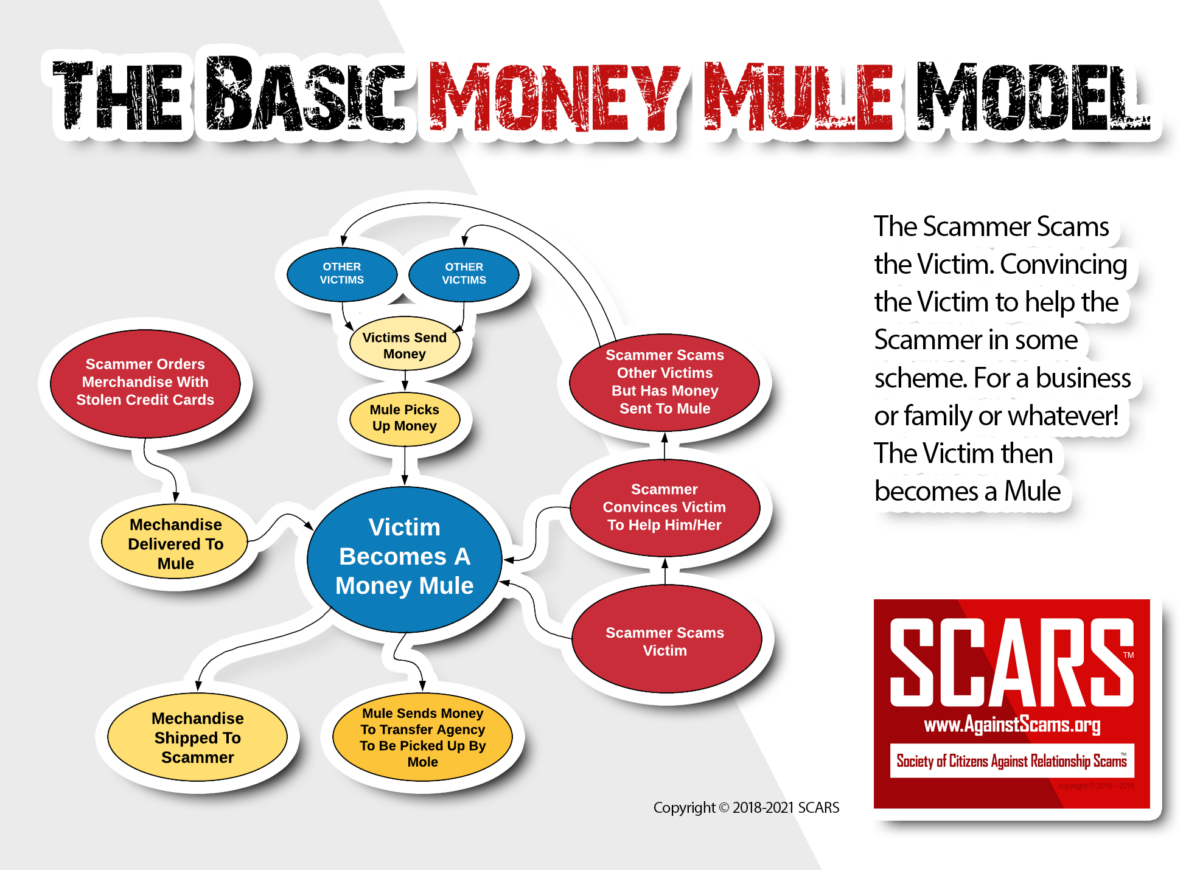
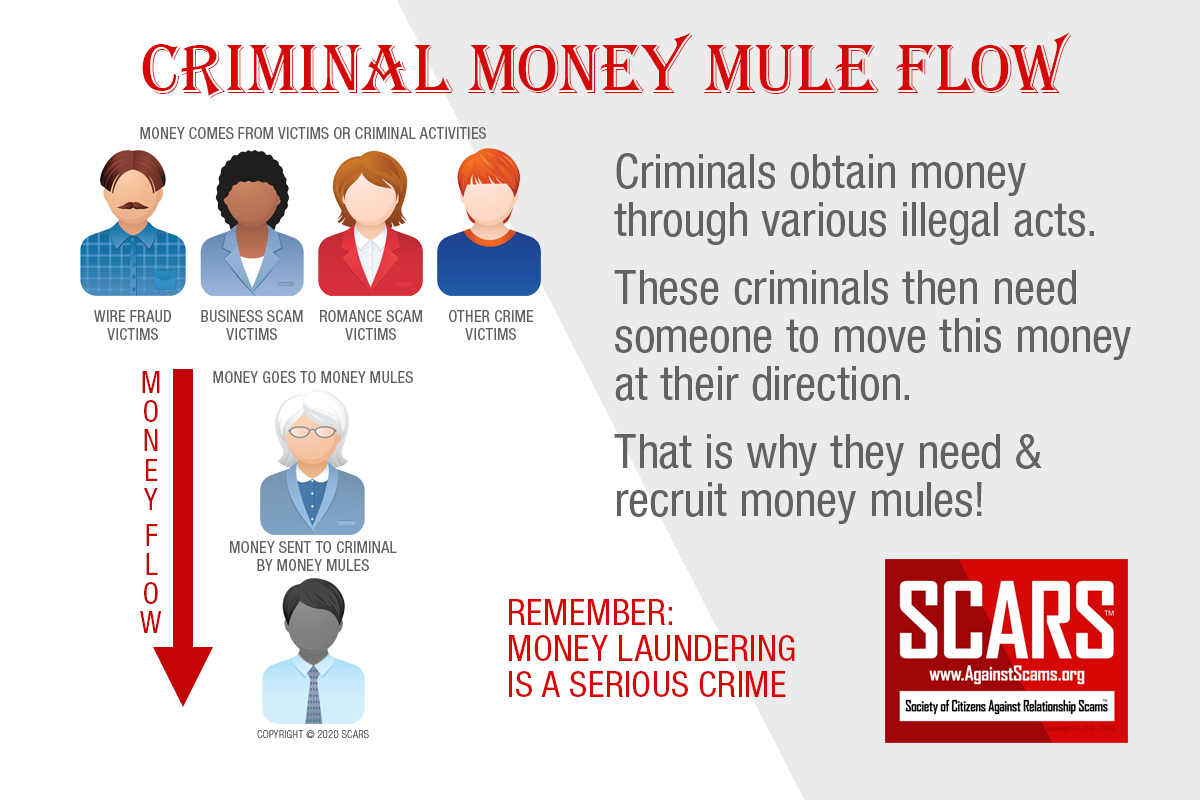
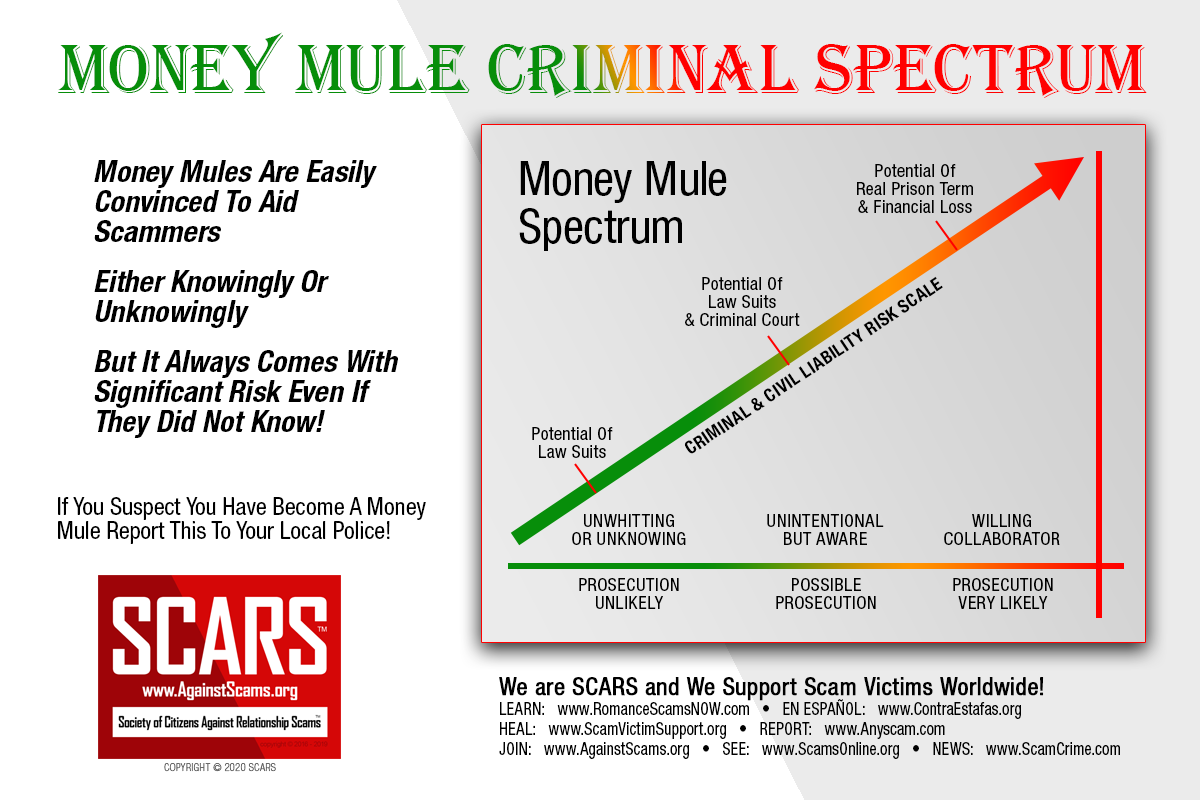

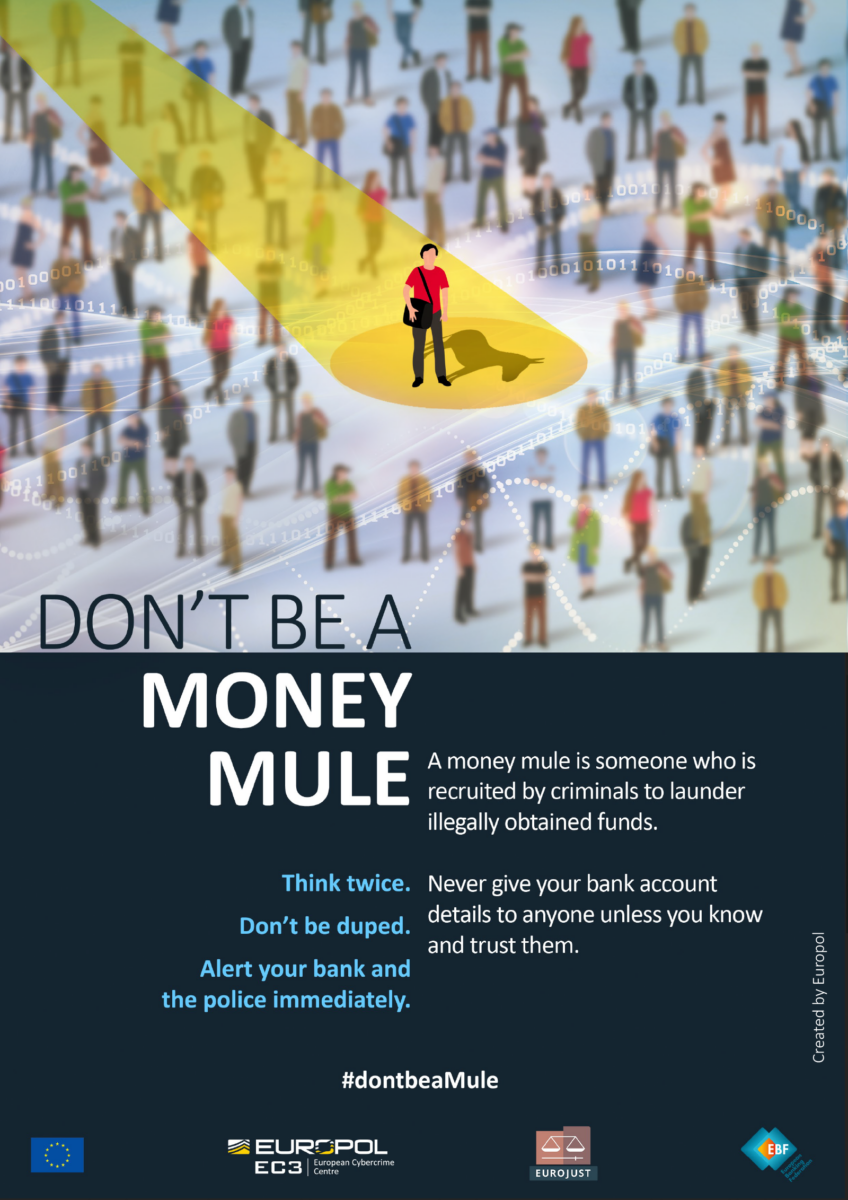


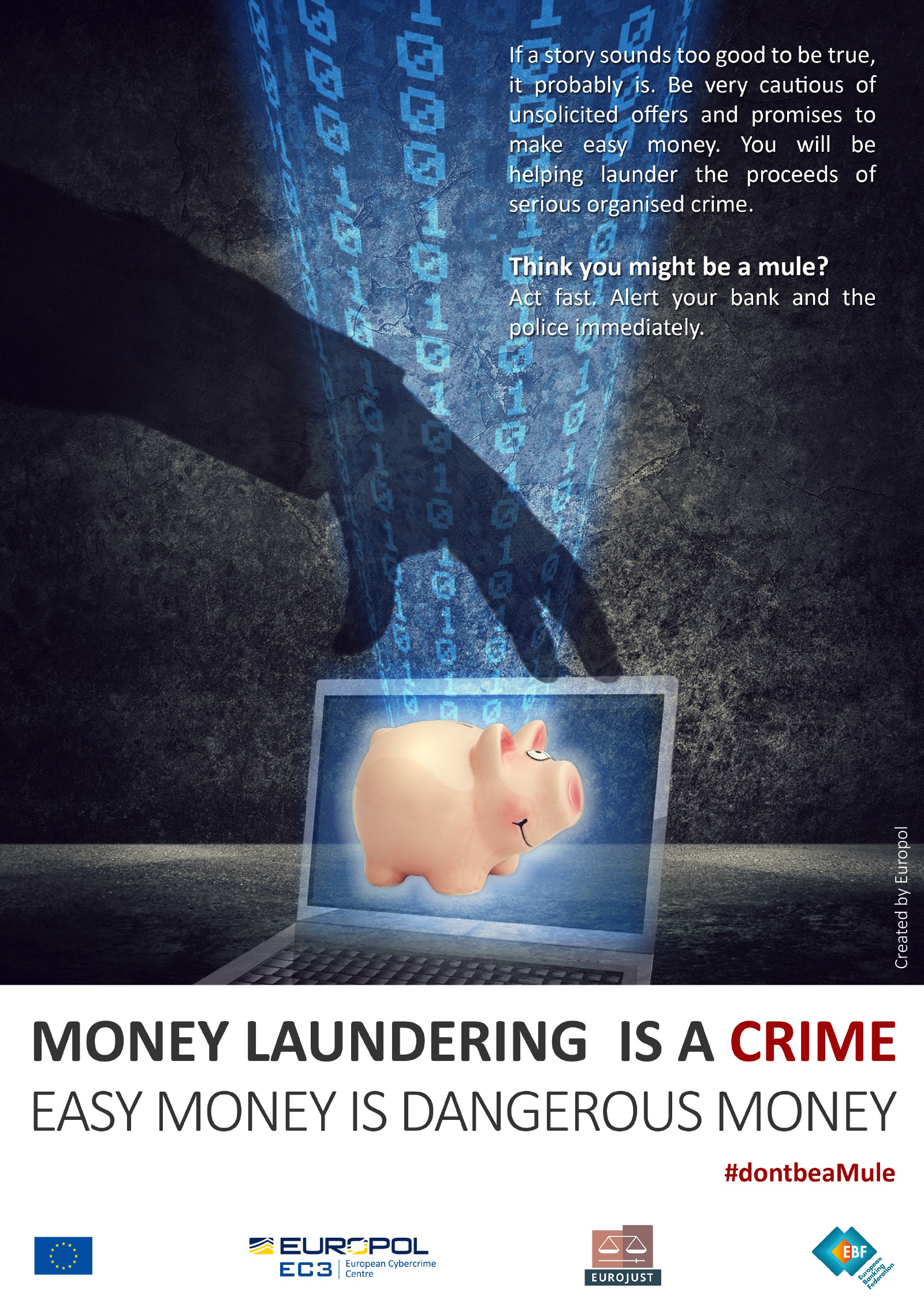
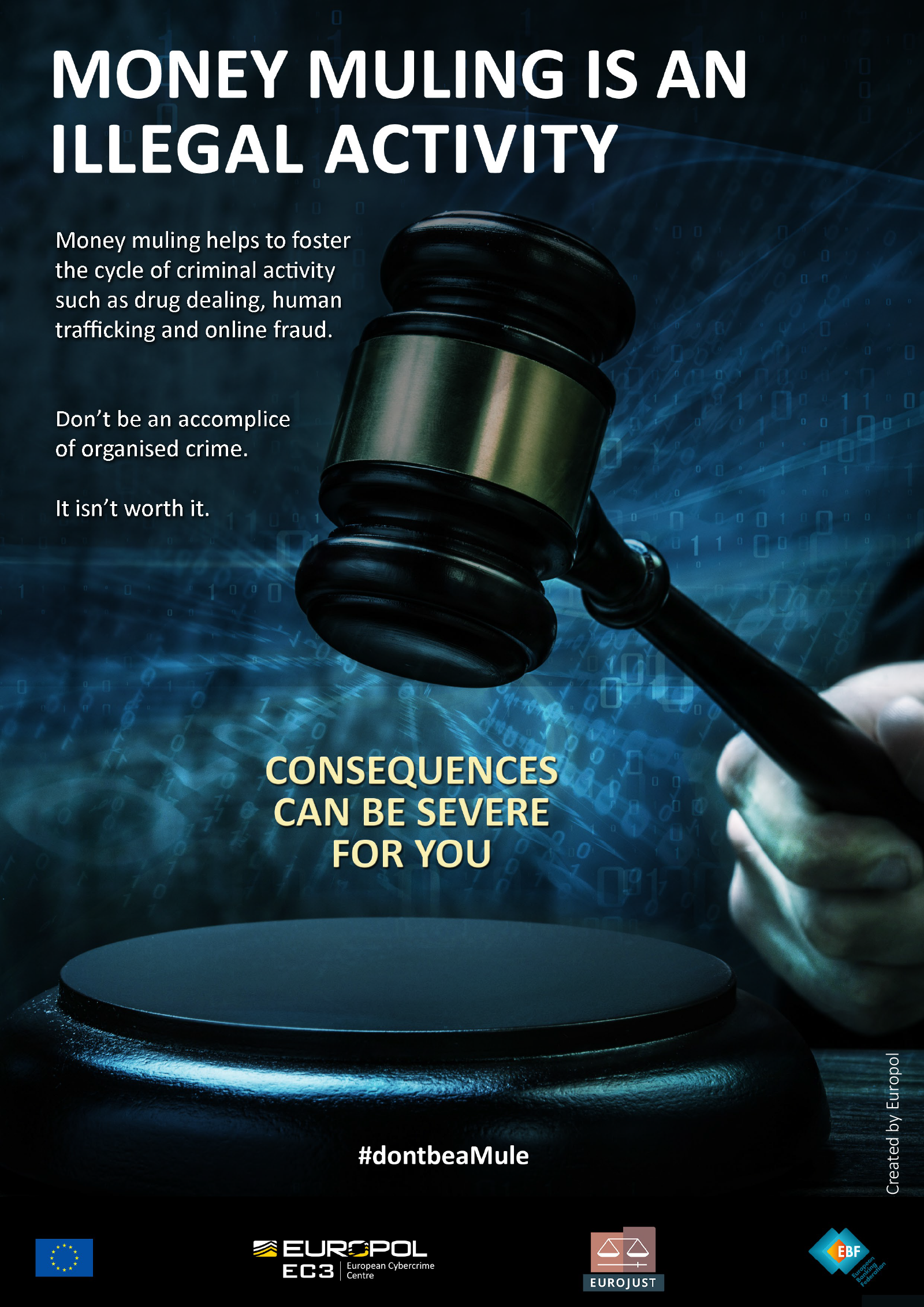
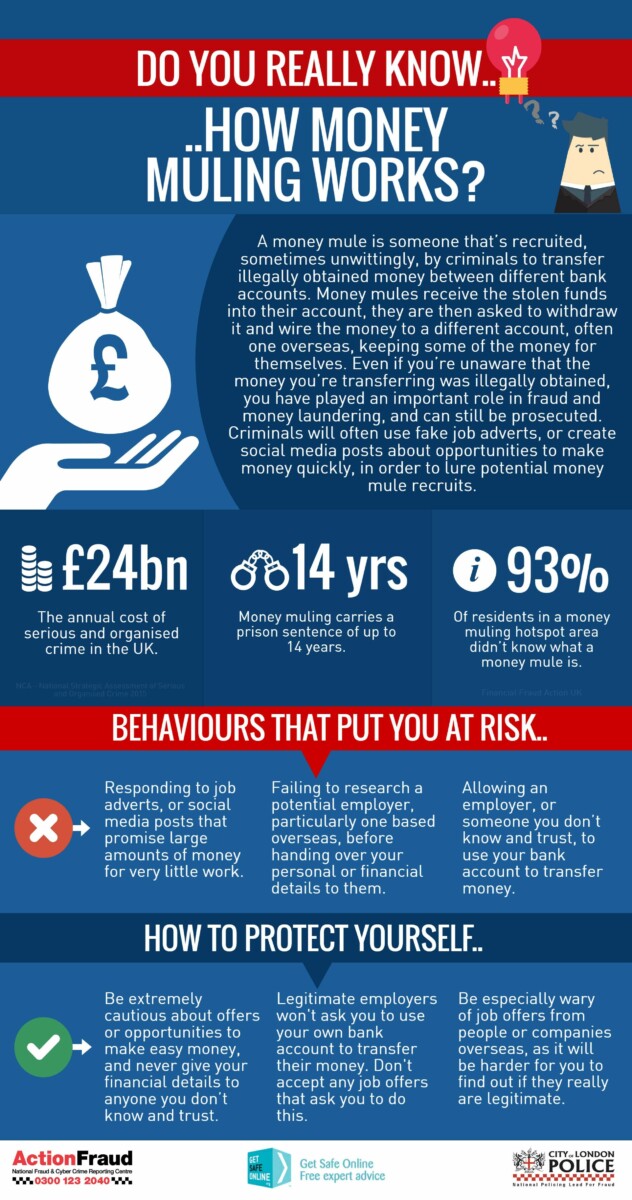





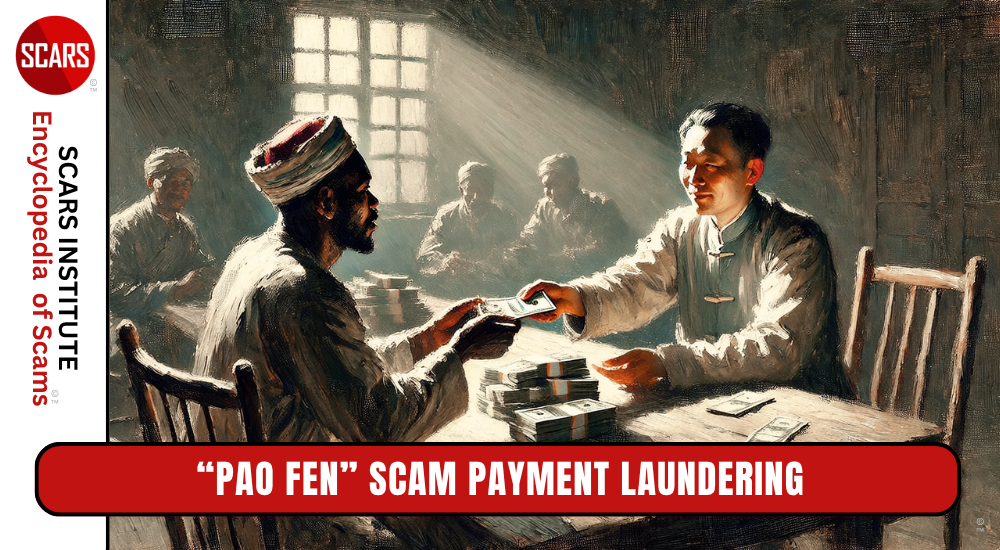





Thank you for your comment. You may receive an email to follow up. We never share your data with marketers.